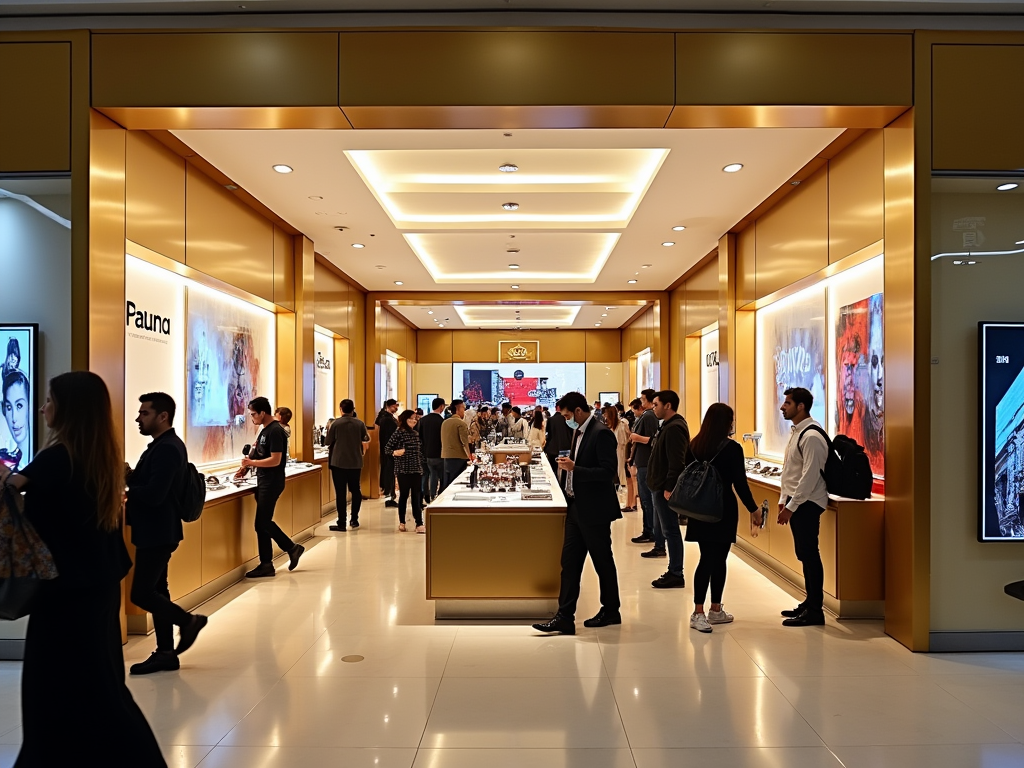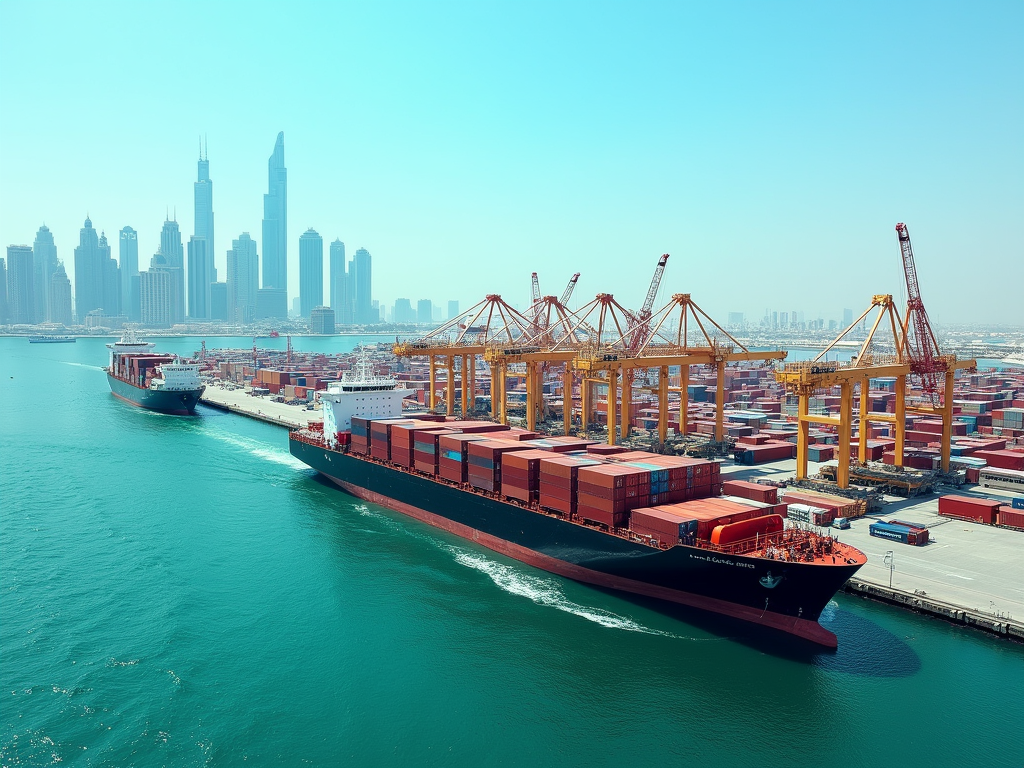Global supply chain disruptions have significantly affected economies worldwide, and Dubai is no exception. The Emirate, known for its strategic geographic location and role as a global trade hub, has witnessed both challenges and adaptations due to these disruptions. Various sectors, including retail, tourism, and logistics, have felt the effects of delays and shortages, ultimately impacting economic growth. As a result, businesses are compelled to rethink their supply chain strategies to ensure resilience in the face of future disruptions. This article delves into the multifaceted impact of global supply chain issues on Dubai’s economy, emphasizing the sectors most affected and how they can adapt moving forward.
Delay in Goods and Services

One of the most immediate impacts of global supply chain disruptions is the delay in the transportation and arrival of goods and services. This delay is primarily due to factors such as port congestion, container shortages, and increased freight tariffs. As a result, industries that rely heavily on imports are experiencing slowdowns, which can lead to increased costs and lower consumer satisfaction. For instance, the retail sector, particularly in areas like electronics and luxury goods, has incurred delivery delays detrimental to its operational efficiency. Key areas affected include:
- Consumer Electronics
- Fashion and Apparel
- Food and Beverage
- Automotive Parts
- Construction Materials
Inflation and Rising Costs

Inflation is another unavoidable consequence of disrupted supply chains that has ripple effects throughout Dubai’s economy. With goods in short supply and demand remaining constant or rising, prices have surged, leading to higher inflation rates. Businesses often pass these rising costs on to consumers, which can reduce purchasing power and slow down economic recovery. Key contributors to inflation include:
- Increased Shipping and Transportation Costs
- Higher Raw Material Prices
- Labor Shortages Affecting Production Rates
- Increased Operational Costs for Businesses
- Demand Exceeding Supply in Key Sectors
Impact on Tourism and Events
The tourism sector, a vital contributor to Dubai’s economy, has also faced considerable challenges due to supply chain disruptions. The pandemic highlighted the fragility of global travel and tourism networks, leading to cancellations and decreased visitor numbers. Events such as expos and conferences, which rely on timely delivery of equipment and supplies, have been adversely impacted. Visitors have reported issues with accessing services such as:
- Transportation logistics
- Hotel bookings and accommodations
- Event catering services
- Retail experiences
In turn, this impacts local businesses reliant on tourism, prompting a gradual recovery strategy focused on resilience and diversification.
Given that logistics is a backbone of Dubai’s economy, adjustments in this sector have been crucial in overcoming supply chain disruptions. Companies have turned to innovative solutions like digitization and automation to streamline operations. They are investing in technology to foresee disruptions and respond accordingly, ensuring agility in their supply chains. Key adjustments include:
- Partnerships with Local Suppliers to Reduce Dependency on Imports
- Utilization of Data Analytics for Better Forecasting
- Diversifying Transport Modes and Routes for Increased Flexibility
- Onboarding Technology for Real-time Tracking of Shipments
These strategies are vital not only in managing current disruptions but also in preparing for any future challenges, creating a more resilient economic landscape.
Conclusion
Global supply chain disruptions have undeniably affected Dubai’s economy, with various sectors experiencing significant impacts. As the city adapts to these challenges, there is a pronounced need for strategic shifts, such as diversifying suppliers, investing in technology, and enhancing logistics capabilities. By focusing on resilience, authorities and businesses alike can work towards not only recovering from these disruptions but also strengthening the emirate’s economic foundation for the future. A continued commitment to innovation and collaboration will be crucial as Dubai navigates through these evolving global challenges.
Frequently Asked Questions
1. What caused the global supply chain disruptions affecting Dubai?
Several factors contributed to these disruptions, including the COVID-19 pandemic, port congestion, natural disasters, and geopolitical tensions, which created delays and resulted in material shortages.
2. How is Dubai addressing these supply chain issues?
Dubai is investing in technology, forming partnerships with local suppliers, and enhancing logistics to diversify and strengthen its supply chains against future disruptions.
3. Which sectors in Dubai have been most affected by these disruptions?
The retail, logistics, and tourism sectors have been most impacted, experiencing delays in supply and heightened costs, directly affecting consumer satisfaction and economic stability.
4. Will inflation persist in Dubai due to these disruptions?
While some inflationary pressure is likely to continue due to ongoing supply chain issues, strategies to address these challenges may mitigate long-term impacts.
5. What is the outlook for Dubai’s economy moving forward?
With ongoing adjustments and investments in resilience, Dubai’s economy is expected to gradually recover and evolve, positioning itself better against future disruptions and enhancing its role as a global trade hub.


